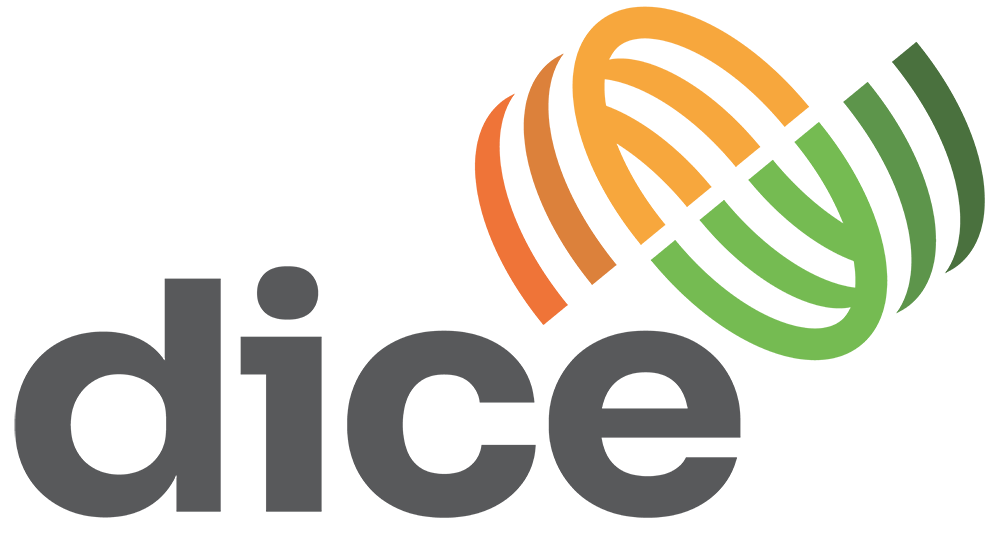The INHERIT Policy Route Map
Societies' harmful production and consumption patterns impact the environment and well-being. The EU-funded INHERIT project aims to promote sustainable, healthier living in areas like housing, transportation, and consumption. It seeks a 'triple-win' of better health, reduced environmental impact, and improved social equity by influencing policies for healthier and more sustainable societies. The project identifies connections between behaviors, sustainability, health, and fairness. Sedentary jobs, processed foods, stress, and social isolation affect health, contributing to issues like heart disease and mental health problems. The project highlights how lifestyle choices in transport, energy, and diet impact both local and global health and the environment.
